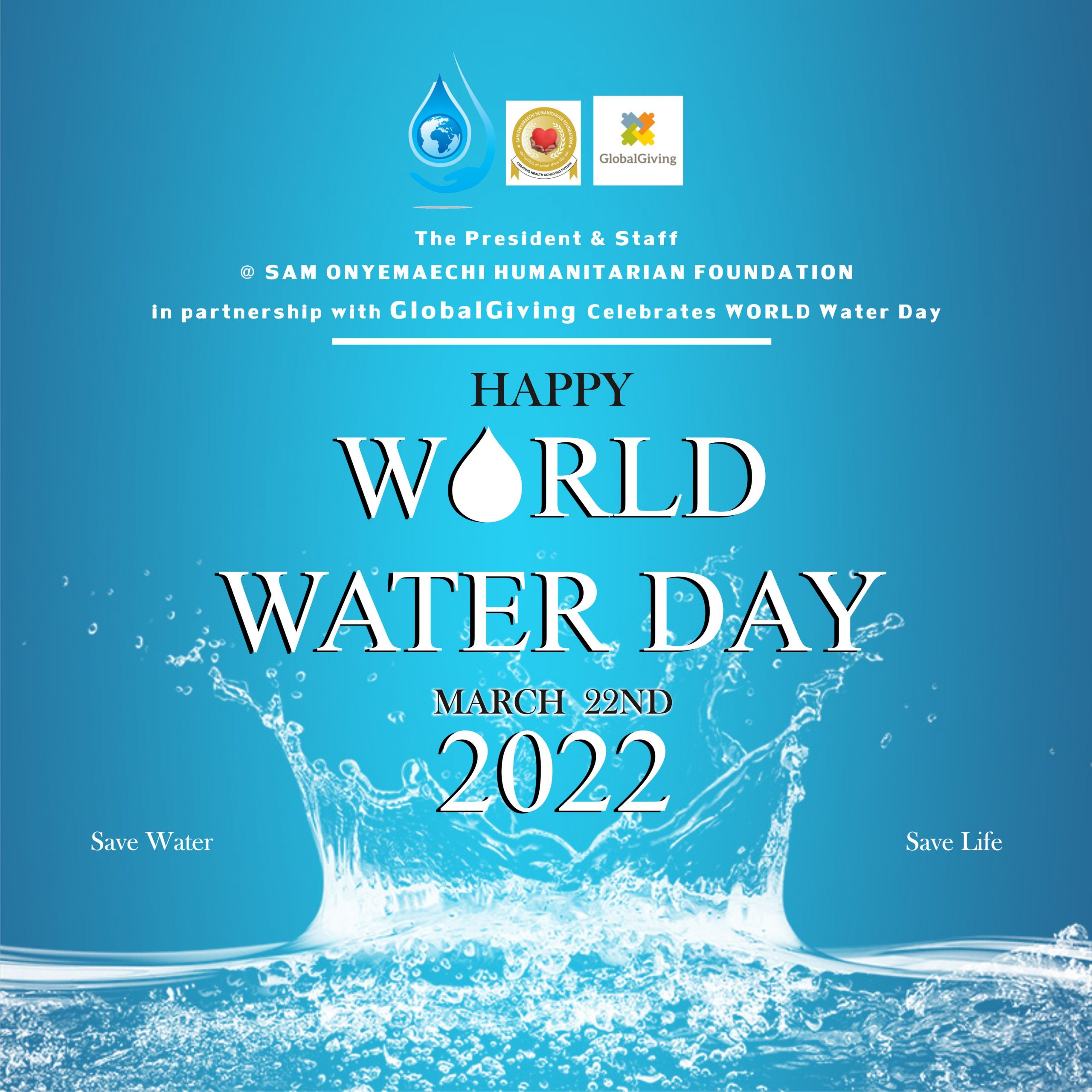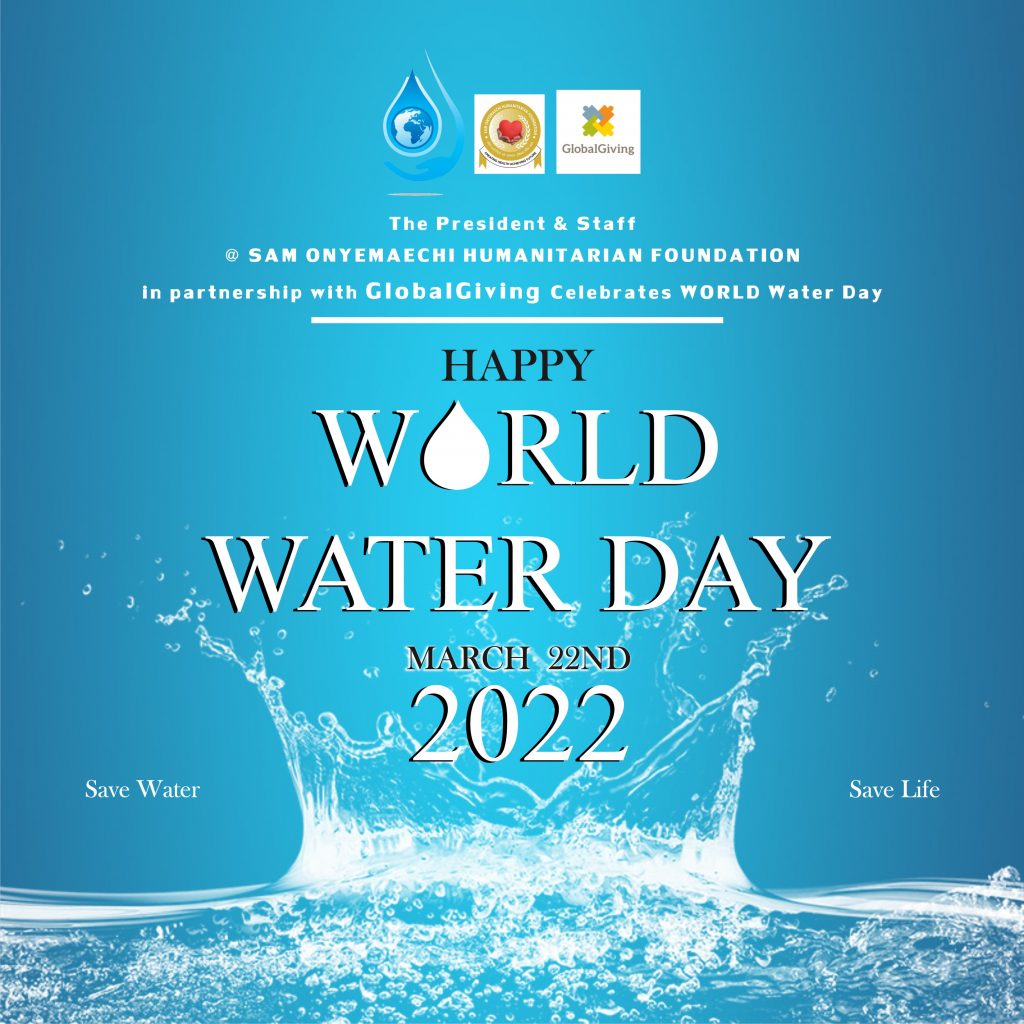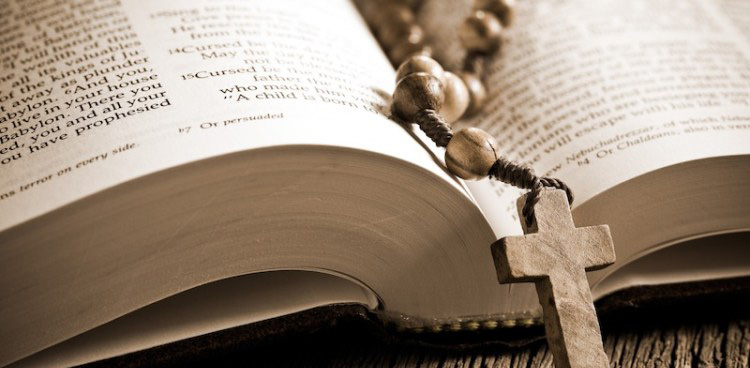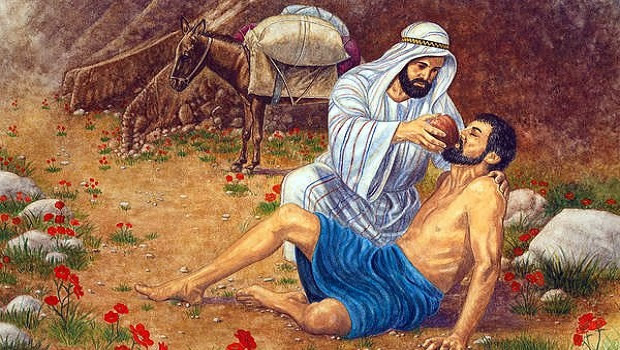Water is life!
Water is pure!
Water is clean!
Water is natural!
Water is a necessity!

Water should be readily available!
Water should be everywhere!
Water is needed!
The NGO donors were handed a scissors to unveil the new water project in the Kue Community.
Kue was located at the far away land of Nia, they fetched water from the river with steep rocks, it took the villagers about two hours to get water from the river and most ended up with injuries from falls and broken buckets and pots. Despite the difficulty in getting water from the river, the river was not clean enough and caused various sicknesses such as diarrhea, dysentery, and choler
a. Sometimes, litters of dirt move through the river making the water unfit for drinking but they had no other choice than to make use of the water. There was a time dead fishes floated on the river due to the bad water.
The chief of Nia learned about an NGO and its water project in various lands and sent a letter to them requesting for their assistance in constructing a pipe borne water in the village to prevent his people from more sufferings; sometimes, girls were raped while others were harassed and robbed on the way there.
After six months of constant interaction, the NGO accepted to assist with the project for they had a long list of communities in need of their assistance as well.
The construction of the pipe borne water was an interesting sight to the villagers who walked round the site wondering in anticipation of how it would be to fetch water within the community and on the day of the unveiling, the whole community leaped for joy while women wept.
Water is a necessity and we cannot over emphasize its importance in our daily activities and it is quite unfortunate that in this 21st century, governments in many countries are still battling with offering their citizens good and clean water.
During the corona virus pandemic, one of the vital ways of keeping the virus away was through washing of the hands regularly with running water but due to unavailability of water in most places, most people could not keep up with washing of the hands regularly.
Since 1993, the world water day has been celebrated annually on 22 March by many countries to promote the importance of good and clean water while notifying the world of about 2.2 billion people in locations without the availability of water. In some countries, people trek long distances before getting water from streams or rivers, some have wells while others depend on rainfall. In Nigeria, according to premium timesng, only 18 million Nigerians have access to pipe borne water and this represents less than 10% of the population.
We need water for various activities and the benefits of water cannot be over stretched, the government are to make it available everywhere to make the standard of living better for its people.
Why Is Water Important? 16 Reasons to Drink Up, as Medically reviewed by Natalie Butler, R.D., L.D. — Written by Natalie Silver — Updated on June 30, 2020: “…It’s common to hear that water is essential for your health. But why? This substance makes up a majority of your body weight and is involved in many important functions, including: flushing out waste from your body regulating body temperature helping your brain function. You get most of your water from drinking beverages, but food also contributes a small amount to your daily water intake.
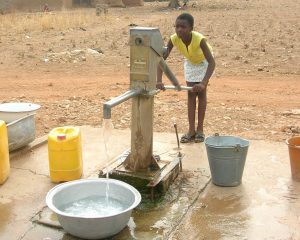
Read on to learn more ways water can help improve your well-being.
1. It helps create saliva
Water is a main component of saliva. Saliva also includes small amounts of electrolytes, mucus, and enzymes. It’s essential for breaking down solid food
and keeping your mouth healthy.
Your body generally produces enough saliva with regular fluid intake. However, your saliva production may decrease as a result of age or certain medications or therapies.
If your mouth is drier than usual and increasing your water intake isn’t helping, see your doctor.
2. It regulates your body temperature
Staying hydrated is crucial to maintaining your body temperature. Your body loses water through sweat during physical activity and in hot environments.
Your sweat keeps your body cool, but your body temperature will rise if you don’t replenish the water you lose. That’s because your body loses electrolytes and plasma when it’s dehydrated. If you’re sweating more than usual, make sure you drink plenty of water to avoid dehydration.
3. It protects your tissues, spinal cord, and joints
Water consumption helps lubricate and cushion your joints, spinal cord, and tissues. This will help you enjoy physical activity and lessen discomfort caused by conditions like arthritis.
4. It helps excrete waste through perspiration, urination, and defecation
Your body uses water to sweat, urinate, and have bowel movements.
Sweat regulates body temperature when you’re exercising or in warm temperatures. You need water to replenish the lost fluid from sweat.
You also need enough water in your system to have healthy stool and avoid constipation.
Your kidneys are also important for filtering out waste through urination. Adequate water intake helps your kidneys work more efficiently and helps to prevent kidney stones.
5. It helps maximize physical performance
Drinking plenty of water during physical activity is essential. Athletes may perspire up to 6 to 10 percentTrusted Source of body weight during physical activity.
Hydration also affects your strength, power, and endurance.
You may be more susceptible to the effects of dehydration if you’re participating in endurance training or high-intensity sports such as basketball.
Negative effects of exercise in the heat without enough water can include serious medical conditions, like decreased blood pressure and hyperthermia. Extreme dehydration can cause seizures and even death.
6. It helps prevent constipation
Eating fiber isn’t the only way to prevent constipation. It’s also important to maintain your water intake so your bowel movements contain enough water.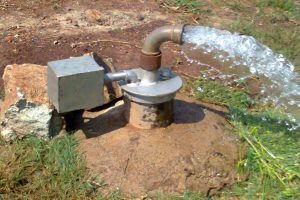

If you don’t consume enough water, magnesium, and fiber, you may be more likely to experience constipation.
If you’re already constipated, you may find that drinking carbonated waterTrusted Source as well as plain water can help ease your symptoms.
7. It aids in digestion
Contrary to what some believe, experts confirm drinking water before, during, and after a meal will help your body break down the food you eat more easily. This will help you digest food more effectively and get the most out of your meals.
Research shows Trusted Source the body adapts to changes in the consistency of food and stomach contents, whether more solid or more liquid.
8. It helps with nutrient absorption
In addition to helping with food breakdown, water also helps dissolve vitamins, minerals, and other nutrients from your food. It then delivers these vitamin components to the rest of your body for use.
9. It helps you lose weight
Studies have linked body fat and weight loss with drinking water in both overweight girlsTrusted Source and womenTrusted Source. Drinking more water while dieting and exercising may just help you lose extra pounds.
10. It improves blood oxygen circulation
Water carries helpful nutrients and oxygen to your entire body. Reaching your daily water intake will improve your circulation and have a positive impact on your overall health.
11. It helps fight off illness
Drinking enough water can help prevent certain medical conditions Trusted Source. These include: constipation, kidney stones
exercise-induced asthma, urinary tract infection, hypertension. Water also helps you absorb important vitamins, minerals, and nutrients from your food, which will increase your chances of staying healthy.
12. It helps boost energy
Drinking water may activate your metabolism. A boost in metabolism has been associated with a positive impact on energy level.
One study found that drinking 500 milliliters of water boosted the metabolic rate by 30 percent in both men and women. These effects appeared to last over an hour.
13. It aids in cognitive function
Proper hydration is key to staying in tip-top cognitive shape. Research indicates that not drinking enough water can negatively impact your focus, alertness, and short-term memory.
14. It helps improve mood
Not getting enough water can also affect your mood. Dehydration may result in fatigue and confusion as well as anxiety.
15. It helps keep skin bright
Adequate water intake will help keep your skin hydrated and may promote collagen production. However, water intake alone isn’t enough to reduce the effects of aging. This process is also connected to your genes and overall sun protection.
16. It prevents overall dehydration
Dehydration is the result of your body not having enough water. And because water is imperative to so many bodily functions, dehydration can be very dangerous.
Severe dehydration can result in a number of severe complications, including:
swelling in your brain
kidney failure
seizures
Make sure you drink enough water to make up for what’s lost through sweat, urination, and bowel movements to avoid dehydration.
How much should you drink?
Being attentive to the amount of water you drink each day is important for optimal health. Most people drink when they’re thirsty, which helps regulate daily water intake.
According to the National Acad emies of Sciences, Engineering, and Medicine, general water intake (from all beverages and foods) that meet most people’s needs are:
emies of Sciences, Engineering, and Medicine, general water intake (from all beverages and foods) that meet most people’s needs are:
 emies of Sciences, Engineering, and Medicine, general water intake (from all beverages and foods) that meet most people’s needs are:
emies of Sciences, Engineering, and Medicine, general water intake (from all beverages and foods) that meet most people’s needs are:about 15.5 cups of water (125 ounces) each day for men
about 11.5 cups (91 ounces) daily for women
People get about 20 percent of their daily water intake from food. The rest is dependent on drinking water and water-based beverages. So, ideally men would consume about 100 ounces (3.0 liters) of water from beverages, and women, about 73 ounces (2.12 liters) from beverages You’ll have to increase your water intake if you’re exercising or living in a hotter region to avoid dehydration.
Other ways to assess hydration include your thirst and the color of your urine. Feeling thirsty indicates your body is not receiving adequate hydration. Urine that is dark or colored indicates dehydration. Pale or non-colored urine typically indicates proper hydration.
The bottom line
Water is important to nearly every part of your body. Not only will hitting your daily recommended intake help you maintain your current state of being, it may even improve your overall health.
Here are some ideas for how you can be sure you drink enough:
Carry a water bottle with you wherever you go. This way you can drink whenever the need strikes.
Keep track of your intake. Aim to take in optimum amounts every day, a minimum of half your body weight in ounces.
Pace yourself to approach half of your recommended consumption by midday. You can always finish about an hour before you plan to sleep.
The following exercises can be carried out to make water available for all: Government should enable the supply of clean water across every location. NGOs should make clean water part of their goals and targets. Individuals should be encouraged to have pipe borne water in their locations. Citizens should be prevented from dumping refuse in the water. People should be encouraged to turn off taps when not in use.
Water is used for drinking, for cooking, for washing, for cleaning and so many other things, now imagine life without water …………. what a dirty world that would be.

